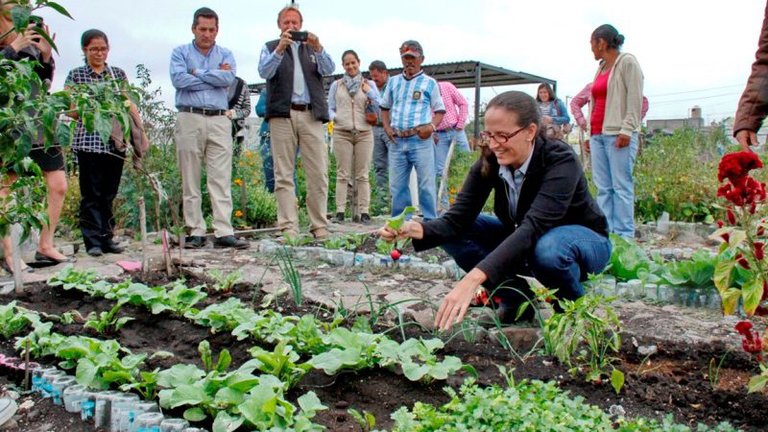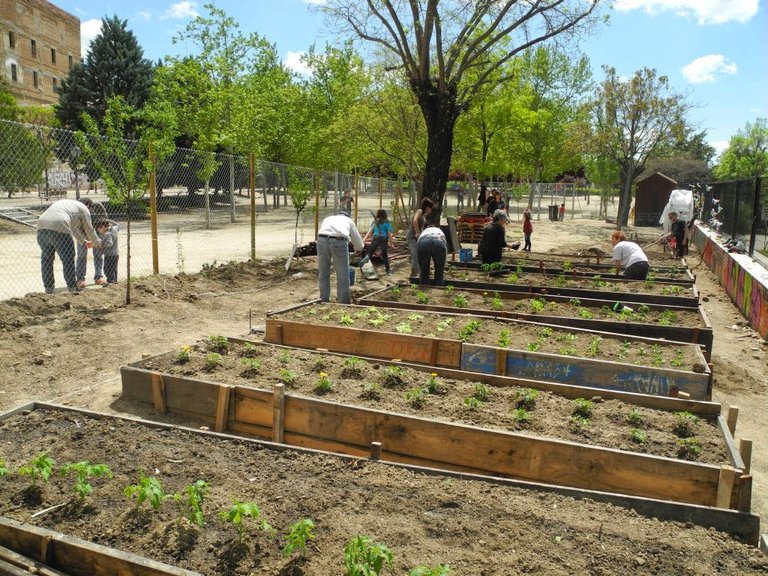A couple of years ago, the farmers were practically the only ones who were dedicated to planting and cultivating, very few people had mini orchards in their homes, much less social gardens.
Nowadays, some countries, either because of their current economic situation and others because of their culture, have opted to take advantage of those fertile spaces for sowing and harvesting their own fruits and vegetables.
For fashion, for culture, for economy or for love of nature, today we have seen mini orchards in houses, apartments, schools and even community or social gardens, using different forms when sowing.
And the truth is that these initiatives are contributing positively to society, especially the so-called urban community gardens, which promote healthier and more aware neighborhoods.
In this post, everything related to community gardens, that is, its functions and benefits, will be specifically discussed.
Social or community gardens
A community garden is a community agriculture practice that takes place in a small area of land located in public spaces. Community gardens are often planted in public parks, schools, churchyards, and abandoned lots. These orchards are shared resources, which are managed for profit. What they have in common is that they are served by a community of people.
Functions of the Social Gardens
Urban
They convert the abandoned spaces into useful places and improve the landscape of the city by adding more green areas.
Environmental
They act as a filter against pollution, acting as a lung and improving the quality of the air with pure oxygen.
Therapeutics
Outdoor crops provide many benefits related to health and personal well-being, as they help to eliminate stress and lead to moderate physical exercise.
Social
Community gardens represent a great opportunity to carry out joint activities, whether for family, therapeutic, educational, or just for hobby reasons.
Cultural
Through agricultural work the traditions linked to the field and local knowledge are maintained, which are renewed by the learning and acting of new actors.
Benefits of community gardens
It facilitates access to fresh and quality foods such as fruits and vegetables and therefore to a better quality of life and health.
It promotes a better social environment in the neighborhood, by allowing neighbors to interact and get to know each other.
Encourages the development of a communal identity.
They allow the integration of groups of people.
It promotes better mental health by helping to combat stress.
They serve as educational centers especially for children, who learn about responsibility, sustainability, care for the environment and to value the effort to grow their own food.
It reduces food expenses and functions as a food support system for families with lower incomes.
Strengthens the sense of belonging in neighborhoods and helps communities rescue, revalue and appropriate unused sites.
It helps to reduce the organic waste of the community, when used as fertilizer.


Im Glad you talked about community gardens! The older I get the more I realize how every town/city should have many of these....It could be a solution to help the poor/lower class have access to Nutritious organic foods instead of chips and fastfood. Im also beginning to think that every home should have their own mini garden which is something im currently working on. Ty for post!
Thank you @aristeem greetings